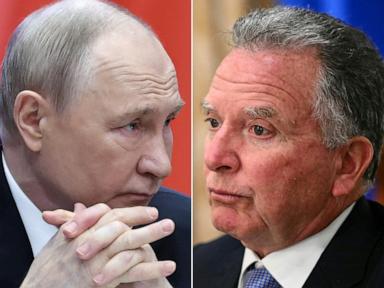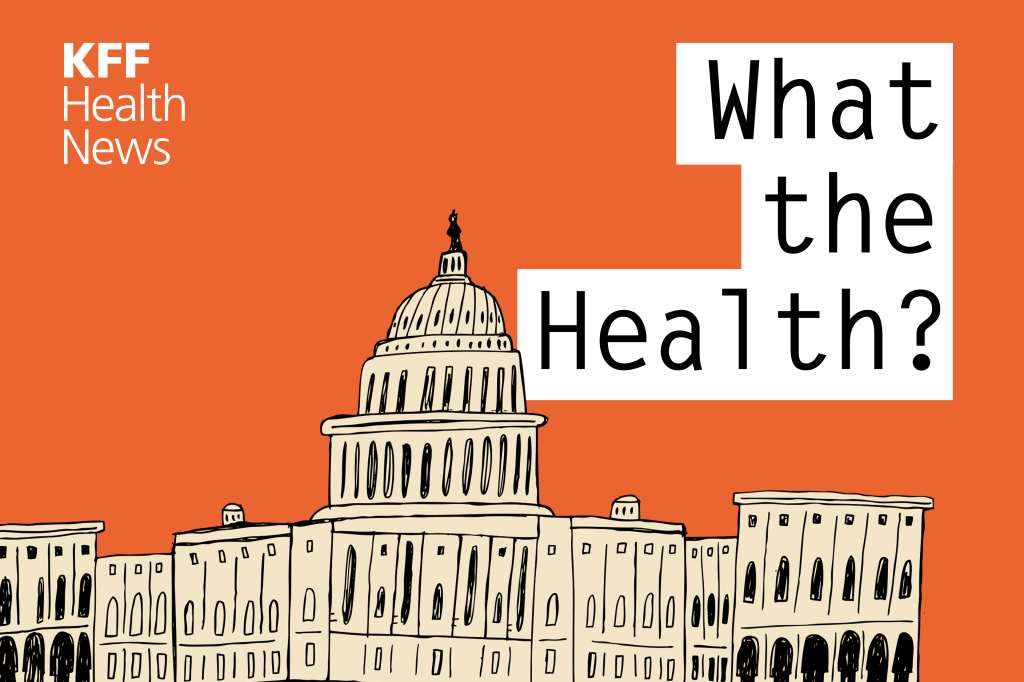A recent executive order from President Donald Trump has significant implications for the future of federal research funding, shifting authority from career professionals to political appointees. This move raises concerns among scientists and public health advocates about the potential politicization of scientific research.
During the latest episode of KFF Health News’ podcast “What the Health?”, host Julie Rovner and her panel discussed the ramifications of this executive order on the National Institutes of Health (NIH), an agency that has historically maintained its apolitical stance. The order could lead to greater uncertainty regarding grant approvals and funding, which some fear may deter investment in scientific endeavors.
Panelist Sarah Karlin-Smith from the Pink Sheet emphasized the traditional role Congress has played in directing federal science funding. With this new directive, the balance of power may shift, allowing political considerations to influence funding decisions.
In a related incident, a gunman attacked the headquarters of the Centers for Disease Control and Prevention (CDC) in Atlanta, reportedly motivated by discontent over COVID-19 vaccinations. This violent act highlights the escalating tensions surrounding public health messaging and the growing threats faced by health professionals. Many within the CDC attribute the hostile environment to rhetoric from leaders like Robert F. Kennedy Jr., who continues to promote vaccine skepticism, exacerbating an already tense situation.
Kennedy’s recent call for the retraction of a study published in the Annals of Internal Medicine adds to the controversy. The study concluded that aluminum adjuvants in vaccines do not cause harm, a finding Kennedy challenged without substantial scientific backing. The journal has stood firm, refusing to retract the publication based on Kennedy’s claims.
Another major topic of discussion was the fallout from a budget law enacted by the Republican Party earlier this summer. Although party members argue that cuts to Medicaid are aimed at eliminating waste and fraud, many healthcare institutions are bracing for the potential consequences. These cuts, set to take effect after the midterm elections, could severely impact service provision across hospitals and community health centres.
In addition to these developments, the CDC reported a decline in Americans consuming ultra-processed foods, although such products still dominate the diet. The Trump administration has spoken about addressing this public health issue but has primarily advocated for voluntary industry changes rather than implementing stringent regulations. Former FDA chief David Kessler pointed out that there are regulatory avenues available that could compel the food industry to take more decisive action.
In this episode, Rovner also interviewed Aaron Carroll, president and CEO of the health services research group AcademyHealth, discussing strategies to rebuild public trust in health initiatives. Carroll’s insights come at a critical time when confidence in public health messaging is under siege.
Additionally, the panelists shared noteworthy health policy stories from the week. Rovner recommended ProPublica’s investigation into the risks to veterans’ care under the Trump administration, while Ollstein highlighted a piece on the anxieties young Americans face regarding health insurance as they approach age 26. Luthra pointed to an article detailing the American Medical Association’s recent strategic shifts, indicating a growing responsiveness to contemporary health policy challenges.
The conversation also referenced several articles addressing the broader implications of recent health policy decisions, including a Washington Post analysis on trust in science and the urgent need for a reassessment of federal funding strategies for public health.
As the political landscape continues to evolve, the implications of these developments for public health remain profound, with experts urging a return to evidence-based decision-making in health policy. The full discussion is available in the latest episode of “What the Health?” from KFF Health News.







































































